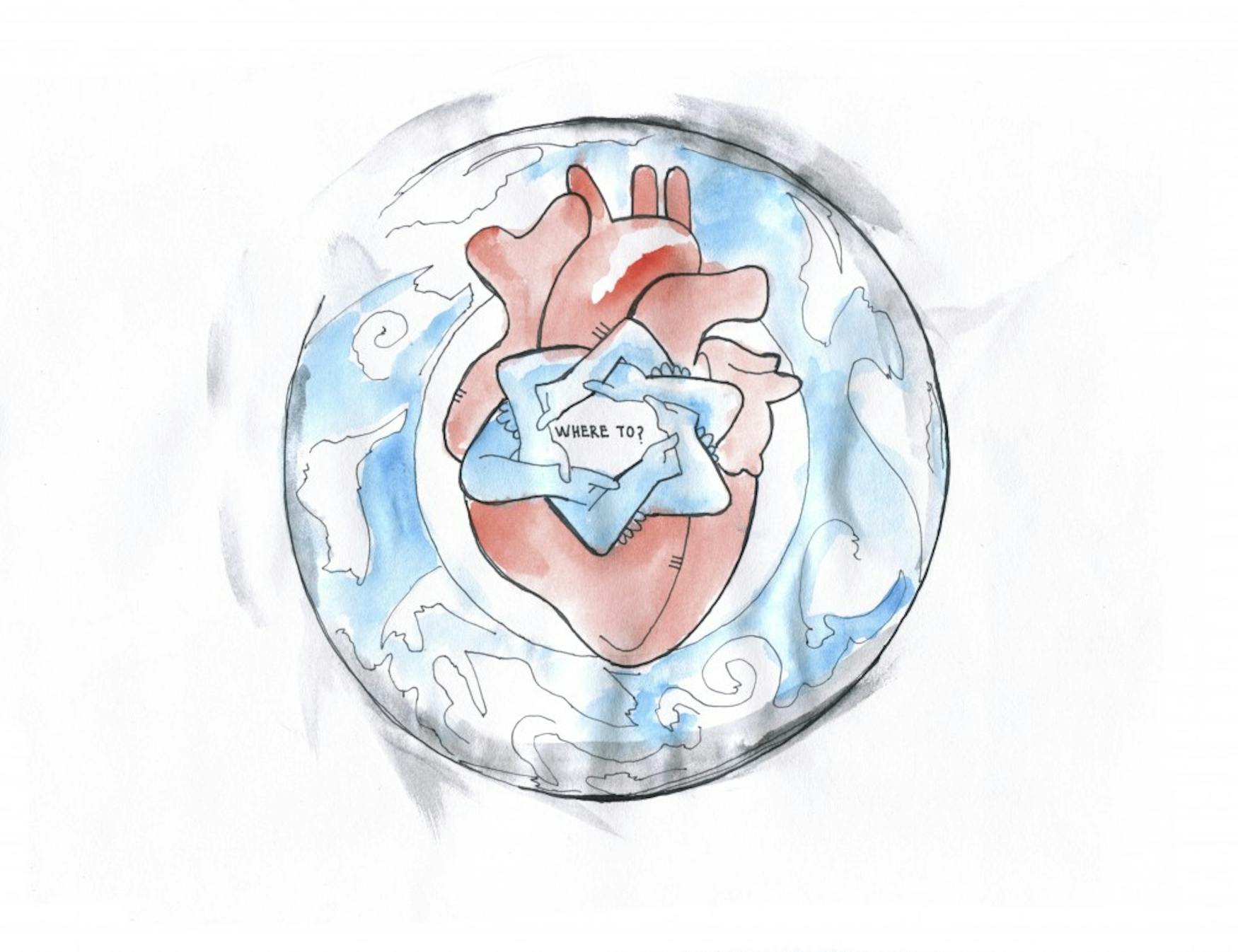In the wake of tragic violence, look to its underground sources
In the grand scheme of the vast American media landscape, the Pittsburgh synagogue shooting, while an undeniably vicious hate crime that claimed the lives of 11 congregants and injured several others, has already become old news. Naturally, nearly every individual of some prominence in the United States has spoken about not only the genuinely evil violence associated with this crime, but also the underlying bigotry and anti-Semitism expressed by the perpetrator.
The victims will likely be mourned for a long time by their friends and families, but for the average American, all that needed to be done to address this issue was to add a frame to one’s Facebook profile picture saying “Together Against Anti-Semitism.” A week later, nearly all Americans are focused on the upcoming midterm elections, the results of which will tangibly affect the lives of millions for years to come. This situation puts many politically active individuals between an ideological rock and a hard place: How does one who possesses the will to act and make a change with regard to a given issue do so in an effective manner, when others are busy and more focused on more “current” events?
To best understand why terrible tragedies akin to the Pittsburgh hate crime described above often become the subject of casual conversation or social media posts going nowhere, as opposed to serious policy changes, we must gain a nuanced understanding of why the crimes or tragedies happened in the first place. All too often, we simply call for guns to be banned and the perpetrators punished.
In the case of the Pittsburgh attack, the shooter was identified as 46-year-old Pennsylvania native Robert Bowers, who was described by neighbors to have harbored numerous extremist far-right political views. Bowers was an active personality on Gab.com, a self-described “free-speech friendly” alternative to Twitter, which has become a breeding ground for white supremacists and conspiracy theorists.
Bowers’ posts on Gab reveal an underlying and highly disconcerting degree of paranoia and cynicism, fueled by the belief that immigrants coming into the country from south of the border are inclined to destroy American civilization. These resettlement efforts are frequently sponsored by Jews, regardless of national origins, degrees of observance and affiliations. Their main means of doing so is the Hebrew Immigrant Aid Society, a non-profit that provides humanitarian services to refugees. Such sentiments are conclusively what fueled Bowers’ killing spree last Saturday, when he opened fire on the Tree of Life synagogue, which happened to be hosting a National Refugee Shabbat in support of immigrants.
Bowers took this vocal support of immigrants as a direct assault on Americans and on white people in particular, writing in a Gab post, “HIAS likes to bring invaders in that kill our people. I can't sit by and watch my people get slaughtered. Screw your optics, I'm going in.” Here, Bowers is being quite clear about how he wants to express these feelings of anger and anti-Semitic paranoia. In his mind, if someone is Jewish, they are directly threatening his safety. This irrational fear and indiscriminate hatred is what fueled his desire to massacre a group of innocent Jewish people.
Instead of simply condemning these heinous crimes and speaking about them as they happen, one should use the above reasoning and understand not how these atrocities occur, but why they do. Once the question of “why?” is answered, one can more effectively prevent and even rehabilitate those wishing to harm others or harboring bigoted beliefs. As much of a breeding ground for hatred as Gab may be, many of its users use it in fear that what they say would be censored or suppressed by social media sites like Facebook and Twitter. Even if someone has morally reprehensible beliefs or practices, they still have an opinion and right to voice them in a peaceful manner. When one seeks to suppress all opposition as the predominantly liberal Google, Twitter and Facebook have done for fear of offending and distressing the majority of their user base, they are providing more fuel for the fire of the angry few who feel like they are being oppressed. Now, not only do white supremacists feel that they are under attack from minorities or other non-white groups of people, but also that their very ability to express themselves is at risk. This fear increases paranoia, which, more often than not, breeds violence and terror.
Instead of silencing those whose views are completely contrary to ours, we should engage in civil debate with them and attempt to understand why exactly they harbor these beliefs. Again, once the “why” is figured out, we can move on to how they can at least get the individual with the problematic opinions to view and understand that their anger, paranoia, and hatred are all misplaced and misinformed. When a civilization or institution creates an ideological echo chamber, whether it be Gab hosting the majority of white supremacists with an internet presence or Google censoring anything that is even remotely politically correct, it contributes to the problem of deep-seated hostilities on both sides of the political spectrum.
Down the road, this can lead to violence. Instead of silencing those we disagree with, we should take a moment to engage with them and at least get the other side to understand, not necessarily agree with, what we believe is right.
Even if this process does not put an end hatred or misunderstanding, it contributes to alleviating the paranoia and hatred, which allows previously isolated individuals to step down from their ivory tower and understand the experiences of others.



Please note All comments are eligible for publication in The Justice.